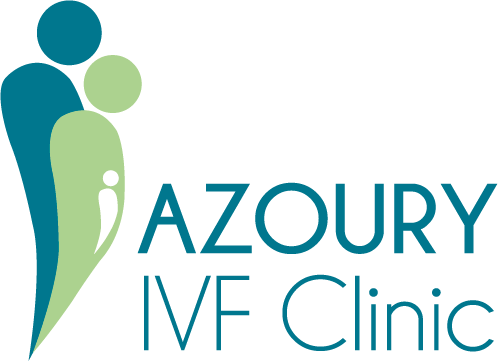
Pre-Implantation Genetic Diagnosis
The concept:
Apart from rare exceptions, all the cells in an embryo contain the same DNA. So, when we genetically test one cell of the embryo it is as if we tested the whole embryo.
What are the indications for PGD?
PGD has many indications. Here are the main ones:
• PGD mainly allows the couple undergoing IVF to avoid giving birth to a child carrying or suffering from a hereditary disease present in the family.
• A wider genetic screening can be used in case of repetitive miscarriage to check whether the miscarriages are due to a genetic problem.
• In some very particular cases, and when it is really necessary, PGD is used for gender selection.

How is PGD performed?
PGD is performed during early embryo development on cleaving stage embryos (day 3) or blastocysts (day 5) -Before the embryos are transferred back to the woman’s uterus.
One or more cells are taken out from the embryo using a very delicate biopsy technique and sent to the genetic lab for testing. Only genetically normal embryos are transferred back to the woman’s uterus.
What are the ethical issues?
PGD is a great technique as long as it is used for the good reasons. The misuse of this technique can lead to very serious ethical issues as many embryos can be discarded for the wrong selection criteria. Hence, at Azoury IVF Clinic we do not promote this technique and we only offer it when necessary after serious discussion with the couple.
Is PGD available in Azoury IVF Clinic?
Blastomere biopsy has been established in Azoury IVF Clinic for more than a decade now. Our embryologists have become experts and we practically never lose embryos while performing this technique.
More recently, our embryologists underwent a tropho-ectoderm biopsy training and this technique is now available at Azoury IVF Clinic.
• Microarray NGS and PCR analysis for genetic disorders are sent abroad for analysis in specialized laboratories.


